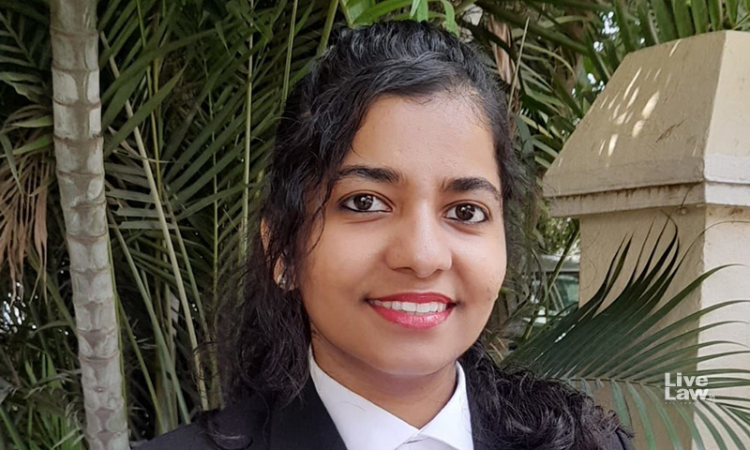On a seemingly ordinary morning on September 22 (Friday), the Supreme Court of India had a surprise in store for all those tuned into its virtual proceedings. A small window popped up on the screen, displaying a man intently interpreting court proceedings in sign language. The presence of the Indian Sign Language (ISL) interpreter, Saurav Roychowdhury, was arranged by Advocate on Record...

